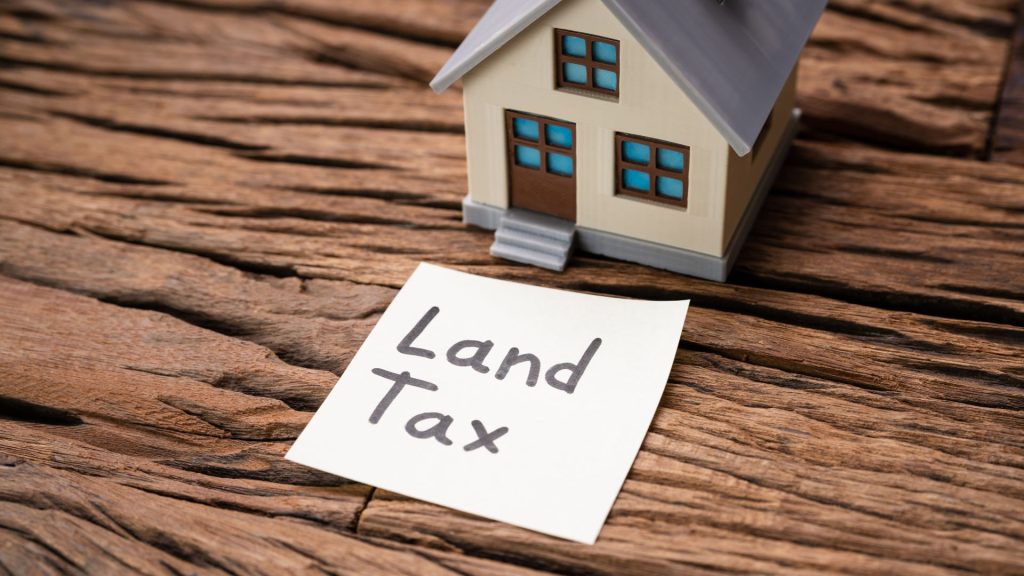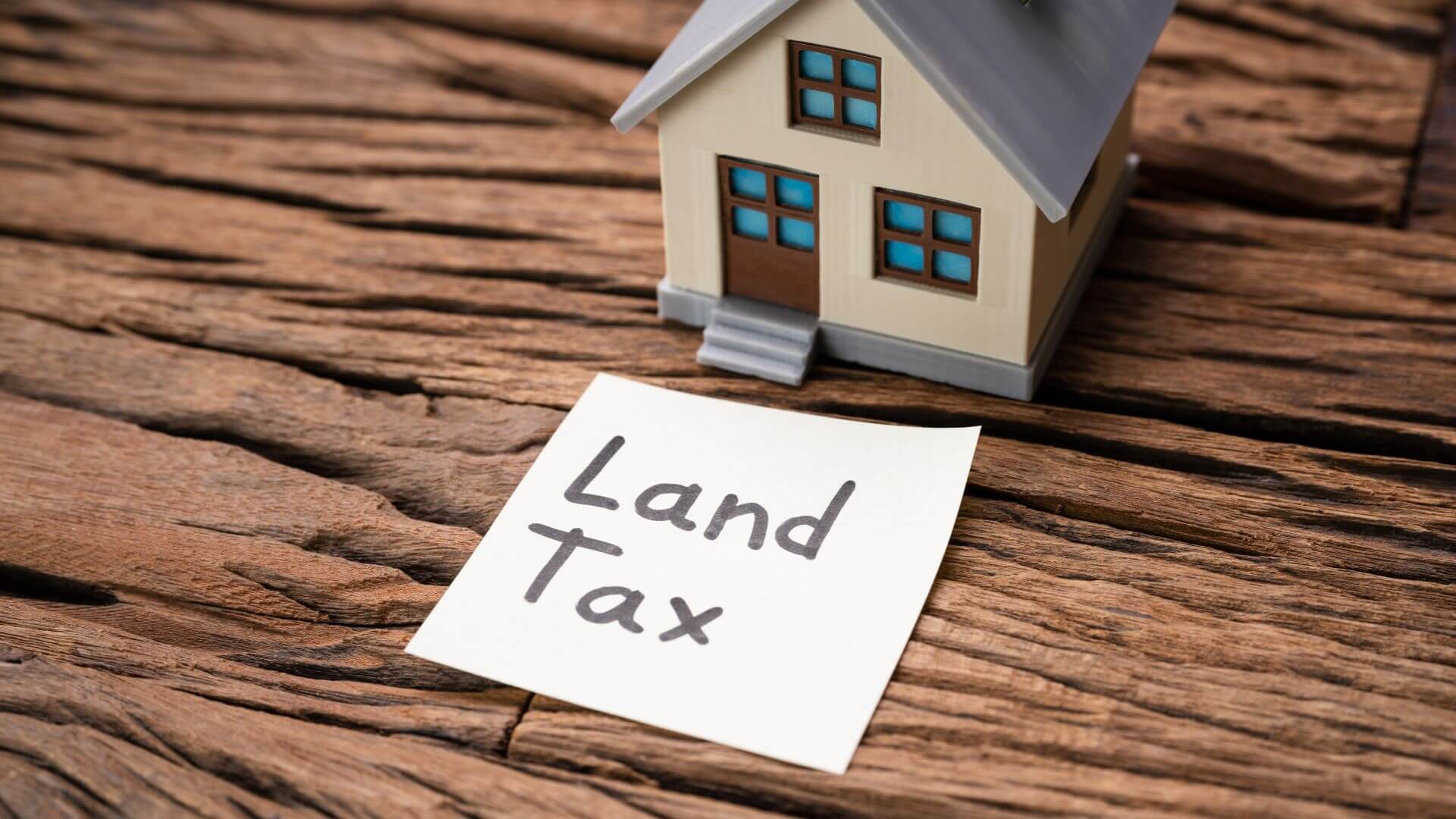What is land tax read this blog to find out.
Land tax is an annual expense you may need to factor into your other outgoings as a property investor. It’s calculated based on the value of your land holdings above a specific threshold. Value thresholds and when land tax is calculated are different in each state, so make sure you stay up to date on the latest developments in your state. Below is an overview of everything you need to know about land tax in South Australia to learn what is land tax.

How is land tax calculated?
Land tax is levied at the end of each financial year (midnight 30th June). The land tax you’ll pay is calculated based on you’re the total combined site value of your investment properties. This value can be found on your last tax notice of assessment or by contacting the Office of the Valuer General.
The tax is levied on a sliding scale. Once the value of your land exceeds the exemption threshold, you are charged a lump sum plus a dollar or percentage of every dollar of the land’s value over the threshold. Your land is valued by the Office of the Valuer General.
For example, on land values over $668,000 to less than $1,073,000, $0.50 is payable for every $100 or parts of $100 of the land value above $668,000. If the property land value is over $1,073,000 then the rate is $2,025 plus $1.00 for every $100 or part of $100 above $1,073,000. Rates may be different for properties hold by a trust or other structures, such as absentee owners.
Let’s look at an example…
Sally owns an investment property in SA that has a land value of $900,000 in 2024. Using the 2024 land tax year calendar, Sally owes $0.50 for every $100 over the amount over $668,000.
The tax payable is (($900,000 – $668,000)/$100) x $0.50 = $1,160.
Is land tax a tax deduction?
Your principal place of residence will not attract land tax, but it will be levied on any investment properties that you own. Any land tax you pay on your investment properties is a tax deduction. Use your assessment notice from your jurisdiction’s revenue office to claim a deduction at tax time.
How should you budget for land tax?
As an ongoing annual tax on investment properties, you should set enough funds aside throughout the year to cover your land tax. If you’re unsure how much to set aside, review the previous year’s land tax assessments or speak with your accountant to estimate how much you should set aside.
Proactively estimating your land tax assessment and setting those funds aside throughout the year is critical to ensure you’re keeping up with all the outgoings associated with owning investment properties. Talk to your accountant for advice on setting funds aside for land tax, and make sure you’re factoring this cost into any future plans you have to grow your portfolio.
We hope you learned what is land tax if you would like more info contact us here
ADDITIONAL RESOURCES
Remember, this article is general in nature and is not financial or legal advice. Please consult your professional financial and legal advisors before making any decisions for yourself.

